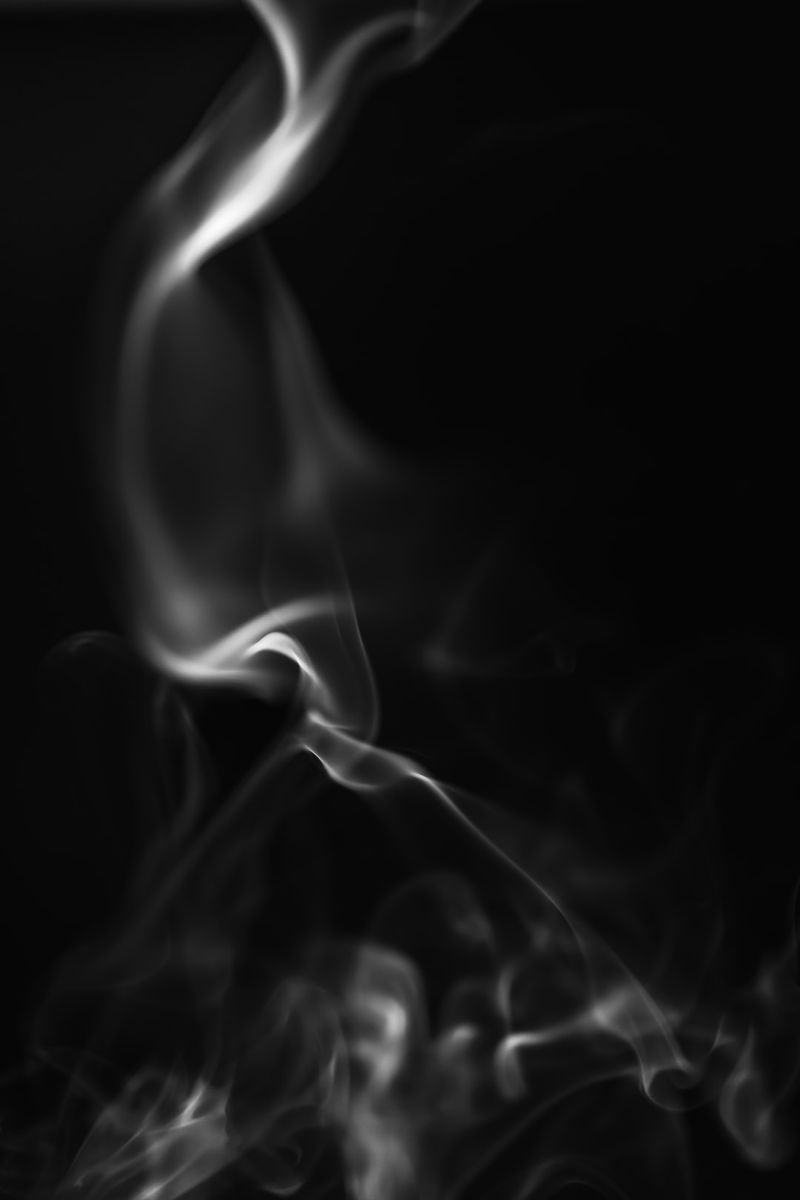Evguéni Prigojine: The Unpredictable Patron of Wagner Group
A Figure of Prominence to an Arch-nemesis of Putin
In June, Evguéni Prigojine orchestrated an uprising of his paramilitary group, Wagner, in Russia, transforming himself from a prominent figure in the Ukraine conflict to a sworn enemy of Vladimir Putin. However, on August 24, he was tragically killed in a plane crash in Russia along with 10 other passengers.
On June 24, following the start of the Wagner rebellion, Russian President Vladimir Putin denounced Evguéni Prigojine’s “betrayal,” which he claimed was driven by “excessive ambitions and personal interests.” The brash 62-year-old billionaire, known for his shaved head and rugged features, had just declared that his group had seized the Russian army headquarters in Rostov-on-Don, the nerve center of operations in Ukraine, after accusing the Russian army of bombing his group’s camps. His men, “ready to die,” then headed to Moscow, shooting down Russian military planes. The world held its breath. However, after 24 hours, the mercenary leader abandoned the coup plot and negotiated exile for himself and his loyalists in Belarus. He escaped imprisonment and legal repercussions.
The Opacity of the Agreement
Although he returned to Russia, even being received at the Kremlin in the days following the rebellion, Evguéni Prigojine withdrew from public view. Specialized blogs, however, continued to track his activities and those of his private planes. It was recently revealed that he had posted a video from Africa, claiming to act for the glory of Russia on the continent, where his men have been carrying out clandestine and ruthless operations for years. The Wagner Group, which the Kremlin did not even officially acknowledge until late 2022, has gained notoriety over the past decade as the complicit partner of regimes seeking to break free from Western patrons or in need of discreet and merciless fighters.
A Master of Provocation
The conflict in Ukraine provided an ideal opportunity for Prigojine to step out of the shadows. He recruited tens of thousands of prisoners to fight on the front lines where the Russian army was struggling. In contrast to top Russian officials, the mercenary leader showed himself on the battlefield, filming the bodies of his men to demand more ammunition. In May 2023, after almost a year of bloody combat, Prigojine achieved his goal by capturing Bakhmout, celebrating a rare Russian victory despite the heavy human cost. Despite ongoing clashes on the outskirts of the devastated city, tensions escalated between Prigojine and General Valéri Guérassimov and Defense Minister Sergueï Choïgou. Prigojine accused them of depriving Wagner of ammunition and insulted the Russian commanders in multiple videos, which would have been unthinkable for anyone else in Russia given the prevailing climate of repression.
A Journey from Obscurity to Prominence
In September 2022, as the Russian army suffered one defeat after another in Ukraine, Prigojine emerged from the shadows. He admitted, for the first time, that he was indeed the founder of the paramilitary group Wagner in 2014. He established himself as a leader and an effective communicator on Telegram, using videos and audio messages where he did not hesitate to use vulgar language. He proudly claimed that his men had defended the Syrian people, among others, and become a pillar of the Russian nation. In October, he further boosted his image by inaugurating the headquarters of the “private military company Wagner” in a grand building in St. Petersburg. In February, he even released a video in which he proposed settling the fate of Bakhmout through an aerial duel with Ukrainian President Volodymyr Zelensky.
From Prison to Wealth
To build an army capable of realizing his ambitions, Prigojine, like Putin, a native of St. Petersburg, recruited prisoners to fight in Ukraine in exchange for amnesty. He was well acquainted with the world of prisons, having himself spent nine years behind bars during the Soviet era for common crimes. Upon his release in 1990, during the collapse of the USSR, Prigojine established a successful hot dog business. He then expanded into the luxury restaurant industry and opened one of the most popular eateries in St. Petersburg, where Vladimir Putin was simultaneously rising in the political arena. After Putin became president in 2000, Prigojine’s catering group operated in the Kremlin, earning him the nickname “Putin’s chef” and the reputation of having become a billionaire through public contracts. It is believed that he used this money to establish Wagner, initially recruiting hardened veterans from the Russian army and special forces. In 2018, three Russian journalists investigating the affairs of the paramilitary company were killed in the Central African Republic, where suspicions arose that Wagner was establishing a presence.

<< photo by Marek Piwnicki >>
The image is for illustrative purposes only and does not depict the actual situation.
You might want to read !
- ‘Swamp Kings: Unmasking Urban Meyer’s PR Spin’
- Disturbing Behaviour: Fousey’s Mental Health Evaluation Raises Concerns
- Turning Grief into Gratitude: Vanessa Bryant’s Emotional Tribute to Kobe on His Birthday
- Wagner Group’s Failed March on Moscow Highlights Putin’s Deepening Troubles
- Belarus Extends Welcome to Wagner Group, Prigozhin Affirms
- Exploring the Hepatitis A Outbreak at Auberge Chez Jean in Montreal: A Health Crisis in Quebec’s Hospitality Sector
- Country Thunder Canada: Anticipating a Game-Changing Announcement
- A&W Aims to Make an Impact with 15th Annual Burgers to Beat MS Day
- Wagner Prigojine: Behind the Scenes of Russia’s Plane Crash Tragedy
- “Remembering Ray Stevenson: Exploring his Impact on the Series ‘Ahsoka’”
- Is Cavendish Music Festival Set to Return with Zac Brown Band and Tyler Childers in 2024?




